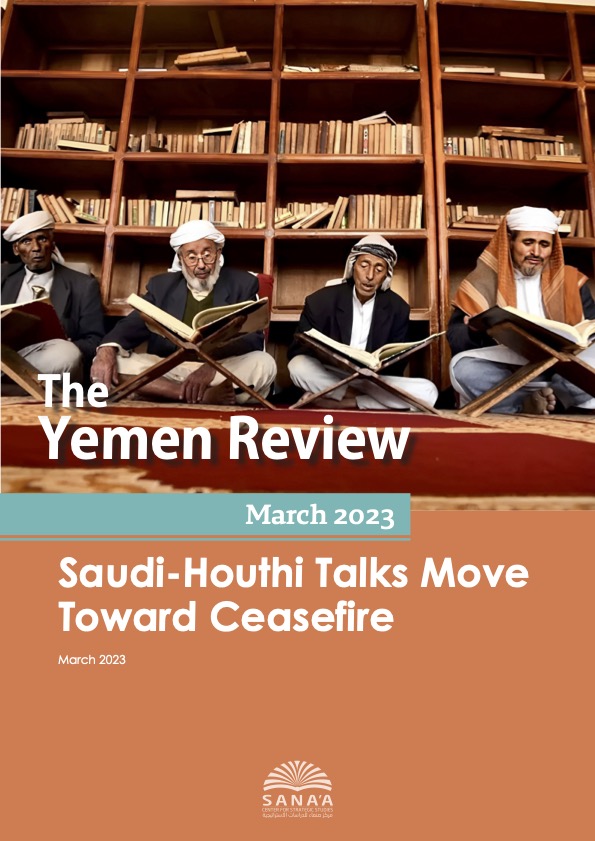Saudi-Houthi talks regained traction over the course of March, and the announcement of a ceasefire is expected as Riyadh looks to wind down its direct military involvement in Yemen. At month’s end, Presidential Leadership Council chief Rashad al-Alimi and his government were summoned to the Saudi capital to be briefed on the negotiations. Despite the flurry of activity, there has been little information given on how the Saudis intend to resolve some of the longstanding issues that have bedeviled earlier rounds of talks.
The negotiations have not forestalled continued fighting, with clashes escalating clashes across multiple frontlines. The Houthis made gains in southern Marib and along the Al-Bayda-Shabwa border, and heavy fighting took place in Al-Dhalea and southern Hudaydah. Taiz Governor Nabil Shamsan, Minister of Defense Mohsen al-Daeri, and Chief of Staff Saghir bin Aziz survived separate assassination attempts in Taiz governorate believed to have been undertaken by Houthi forces.
The Houthi-controlled parliament in Sana’a has banned the payment of interest as a “usurious transaction,” in an attempt to Islamicize the financial sector. Implementation could have disastrous effects on Yemen’s faltering economy, contributing to its isolation and discouraging international investment. The law could rapidly limit the ability to finance basic imports and cut off access to foreign financing.

 اقرأ المحتوى باللغة العربية
اقرأ المحتوى باللغة العربية


